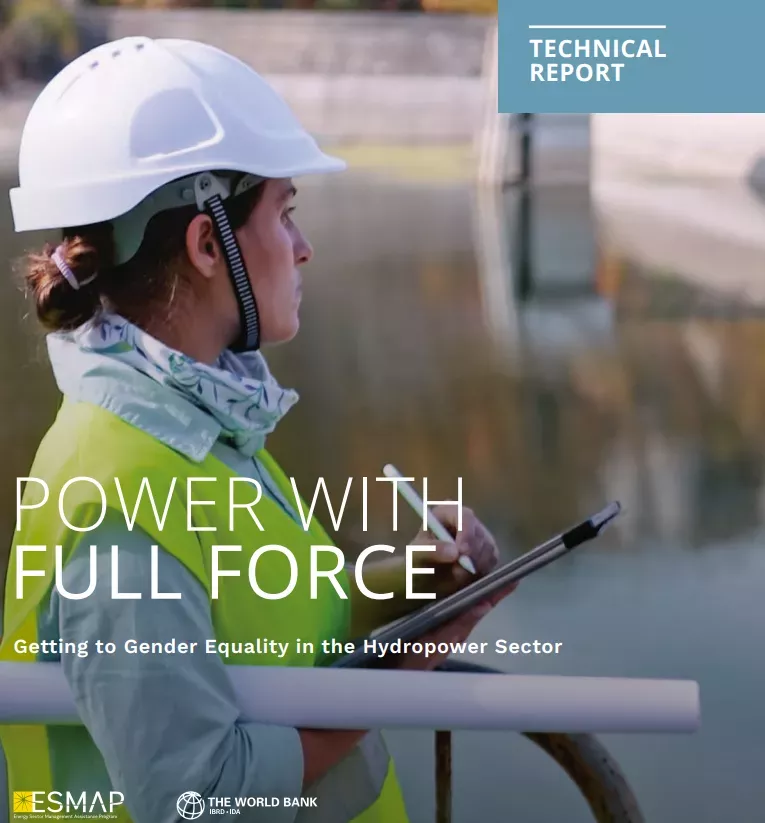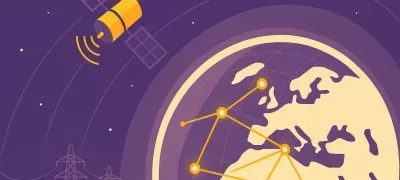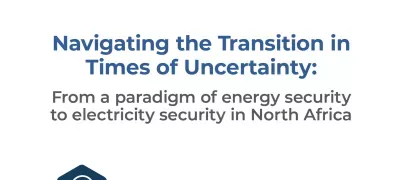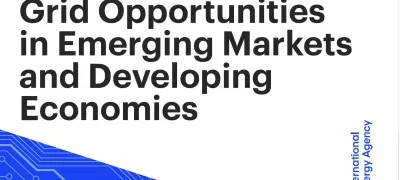
The hydropower sector plays a crucial role in the transition to low-carbon energy systems, but to achieve this effectively, it must ensure access to a diverse talent pool. This entails expanding education and training programs to cultivate an inclusive workforce that benefits both men and women equally by creating new, high-quality job opportunities.
The World Bank's Energy Sector Management Assistance Program (ESMAP) conducted a study with a dual purpose: first, to establish a baseline for gender equality in hydropower and assess women's participation in the sector, and second, to identify best practices for promoting gender equality. The study, based on extensive research including literature reviews, surveys, interviews, and case studies, identifies barriers and provides key recommendations to advance gender equality in the hydropower industry. These recommendations can be adopted by the sector and World Bank clients at both institutional and project implementation levels.
Among the study's findings is the recognition of the lack of gender diversity as a barrier to achieving gender equality in the hydropower sector. Surveys conducted with hydropower professionals during the research process revealed that while diversity is generally deemed important, it holds significantly greater importance for women. Gender equality not only fosters personal security and well-being, including job safety, but also encourages more women to pursue careers in the hydropower sector. Studies have shown that gender equality fosters workplace diversity, leading to increased organizational and employee benefits. Notably, organizations like McKinsey have highlighted the strong correlation between gender diversity in executive teams and financial outperformance over the past decade.
See more:



